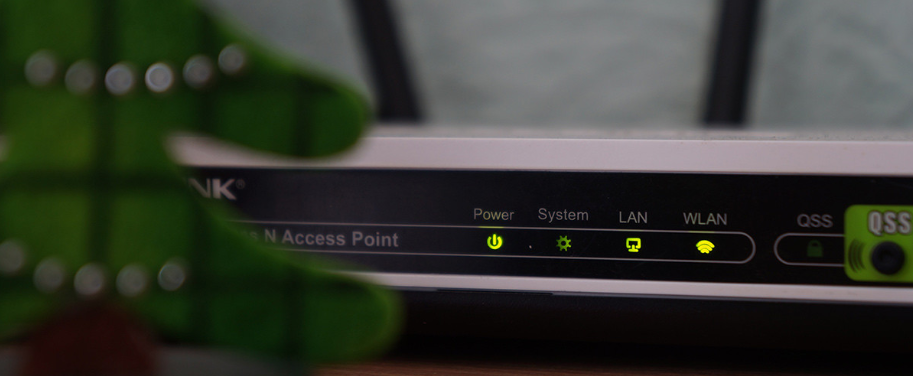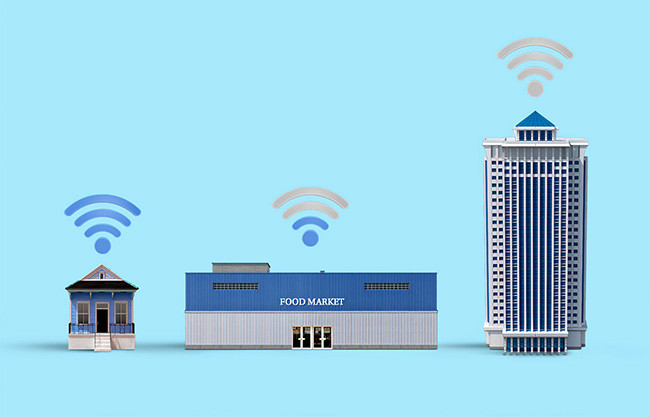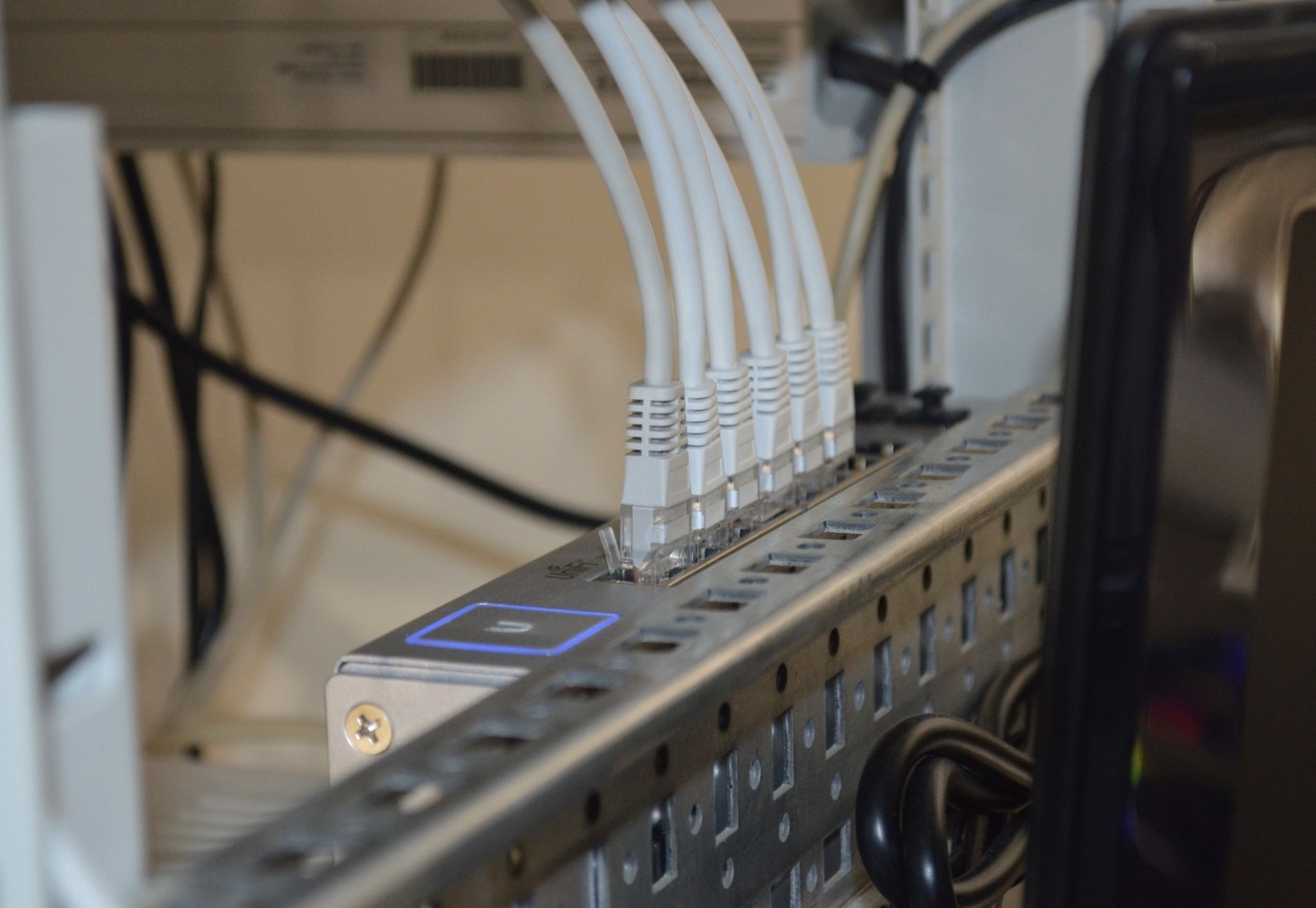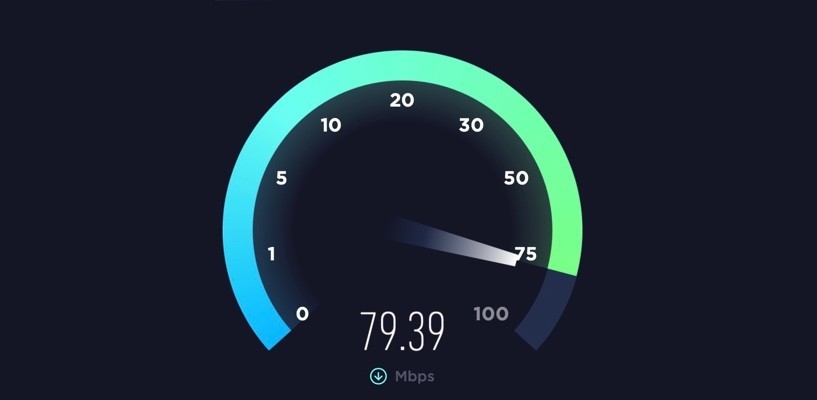
Today we are going to tell you the main reasons why your Internet connection is slow and what you can do in each case so that you know what to expect and you can remedy it as soon as possible.
Internet connection and speed depend on many factors, so sometimes it is a bit difficult to know what is causing your Internet to be slow. We will see the main causes and their possible solutions.
Poor coverage or interference

A common reason that the Internet is slow is that, at that moment, you have poor coverage on the device you are using, whether a mobile or a PC. This reason does not apply if you use a PC connected to the Internet via a cable. There may also be other reasons why Android is slow.
This can happen to you both if you use mobile data and have poor network coverage or are connected to a Wi-Fi network and the signal barely reaches you. In the first case, there isn’t much you can do beyond moving to a place that has better cell phone coverage, possibly near a door or window.
If we are talking about a Wi-Fi connection, the coverage and, therefore, the network’s speed can decrease due to two main factors: the distance to the router and interference. The further you are from the Wi-Fi router, the weaker the signal and the slower and more unstable your Internet connection will be. However, you must consider any obstacles, especially metal, stone walls, and water.
- If you are using mobile data, move to a position with better coverage
- If you use mobile data and slow speed is a recurring problem, consider switching to another operator that provides better coverage.
- If you use Wi-Fi, check out these tricks to improve network speed
- Move the router to a better position
- If Wi-Fi is not reaching your entire home correctly, consider using a Wi-Fi repeater or PLCs
Someone is downloading a lot of data on your network.
A common reason your Internet connection speed is slower than normal is that a lot of your bandwidth is being used, either downloading or uploading files. It can be any download, although P2P file-sharing applications like BitTorrent clients are more prone to saturate the network by making many connections simultaneously to maximize download speeds.
Before contacting your Internet provider or trying more complex solutions, it never hurts to check that no one on your network is downloading or uploading files at high speed, hogging up much of your bandwidth.
This does not mean you cannot download files while doing other things, but if it happens to you frequently, the Internet is very slow. In contrast, if you download files in applications like BitTorrent, you may want to limit the maximum download or upload speed to avoid saturating the Internet. Connection.
- Check if someone connected to your network is downloading or uploading files at high speed
- If so, try to limit the maximum download or upload speed in the application they are using to avoid saturating the connection
- You can also download things when you are not using the PC for other things, like surfing the net.
There are intruders on your Wi-Fi network.
It could also be that someone is using your connection massively. Still, it is not anyone in your family: the neighbors could be stealing your Wi-Fi and using it to download files non-stop, slowing down your connection without you even knowing it.
To clear up doubts, the easiest thing to do is to check who is connected to your connection to see if you have an intruder on your Wi-Fi. In case this is the case, there are a series of measures that you can take to protect yourself and prevent it from happening to you again. One of the most important is to change the Wi-Fi network password.
- Check if there are any strangers connected to your Wi-Fi with tools like Fing or Wireless Network Watcher
- If so, disable WPS on your router, change the network name and password, and, if necessary, have a chat with your neighbor
Do you have malware or other problems on your PC
It may also be that neither you nor any evil neighbor is overusing your network, but you have some malware on the PC that is overusing the network in the background. At other times, malware may be using your PC for processing-intensive activities (such as mining cryptocurrency ), which generally makes the PC very slow, including browsing the Internet.
The easiest way to check if this is the case is by ruling out checking if the Internet is slow on another device or if it only happens on a specific PC. If it’s with that PC, there may be something wrong with that particular PC and not your Internet connection. Many things can go wrong, one of which is that you have some malware or virus on your PC.
Other PC problems that can slow down your PC and your Internet speed are physical problems with your network adapter (i.e., it’s broken or damaged) or drivers. The former is more difficult to fix, while several tools help you with the latter.
- Check with another device if the Internet is slow on other devices
- If your PC is only slow, try running an antivirus to detect and eliminate threats
- Check that the network cable is well connected to the PC
- If your PC has an antenna for Wi-Fi, make sure it is properly connected and pointed
- Check for updates to your PC’s network card
Problems with your router

Another reason why your Internet connection is slow is because the router does not give more of itself. It is relatively common that the routers provided by telephone companies are not of high quality, so they can fail over time or become overloaded when many devices are connected, or the network is used intensively, for example, with P2P downloads.
One factor that is sometimes overlooked is that in the summer, routers can get quite hot, which affects their performance. Like with mobile or PC, the hotter the router gets, the worse it performs, and it could slow down or crash completely from time to time.
Unfortunately, if you have a poor-quality router, there isn’t much you can do except buy another router. If that’s not an option now, try slowing down how you use the internet, especially in heavy-use apps, to avoid slowdowns. Of course, something that usually works, even temporarily, is to restart the router.
-
restart the router
-
If it is too hot, let it rest or find another place where it is not so exposed to high temperatures
-
Consider purchasing a new, more powerful, and future-proof router. For example, with Wi-Fi 6
Problems with your Internet provider

Frequently the problem is not the coverage, your PC, the mobile, or the neighbor, but your Internet provider. When your Internet provider suffers a partial disconnection, it is possible that you go to some pages but not others or that the whole Internet goes quite badly.
A quick way to check if this is the case is to visit the Downdetector page of your provider (for example, Vodafone or Movistar ). However, you can also check social networks such as Twitter to see if other people using the same service are having problems.
- Check if it happens to you with a web page or with all
- Check on social networks if more people who use the same Internet company are having problems
- Contact the technical service of your Internet provider
The web page you are viewing is slow.

It may also be that you do not have any problem on your part but that the page you are trying to see is very slow. A common reason for this is that you are viewing a web page hosted on the other side of the globe.
Being a specific case, you can arm yourself with patience, although if you use Android, you can try activating Basic Mode. When you do so, your browser loads the web page through Google’s servers, making it faster than loading it directly.
- On Android, activate the basic mode of Google Chrome
- Check if the website you are visiting has another version hosted closer to where you live

Sharlene Meriel is an avid gamer with a knack for technology. He has been writing about the latest technologies for the past 5 years. His contribution in technology journalism has been noteworthy. He is also a day trader with interest in the Forex market.











